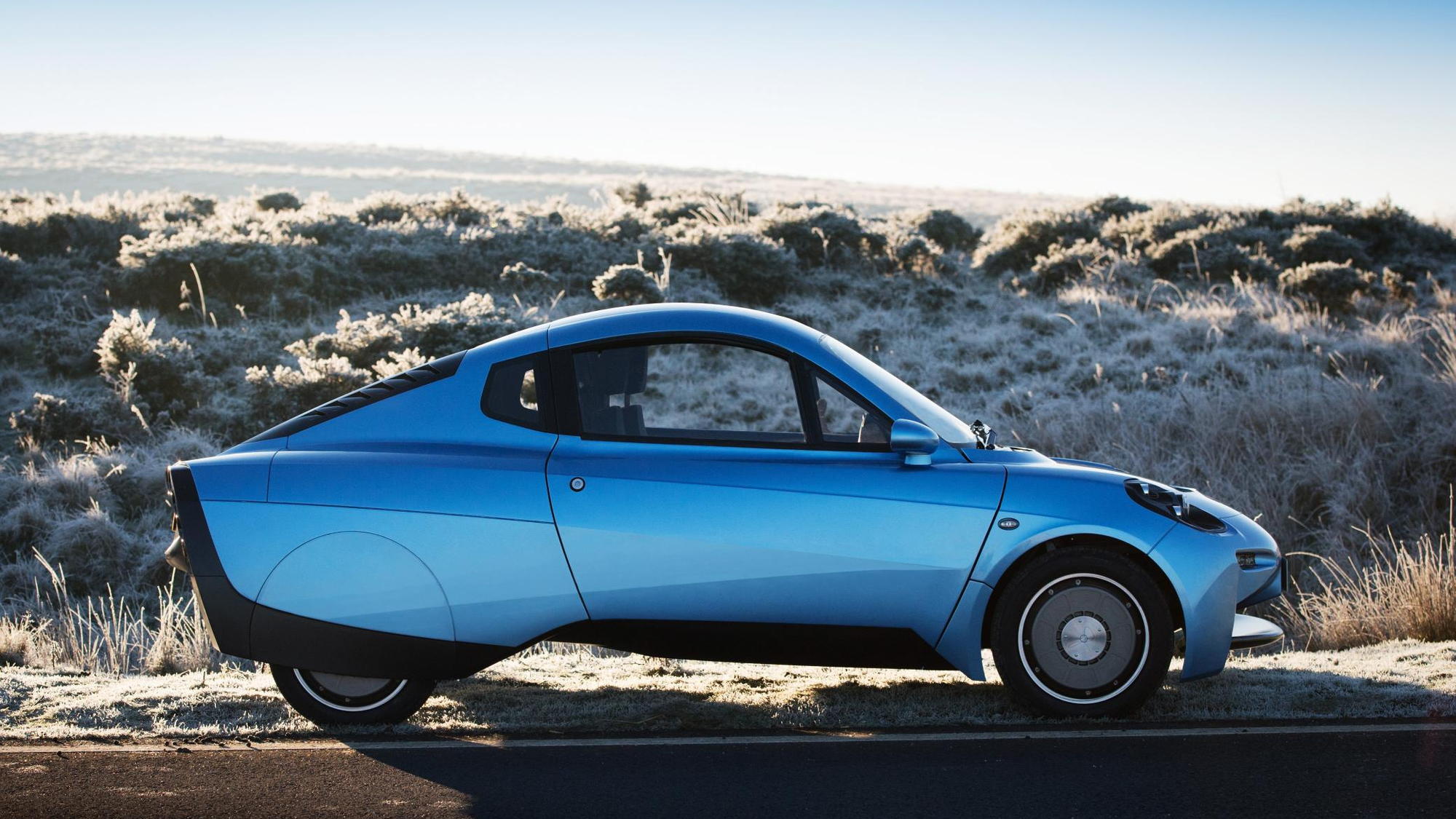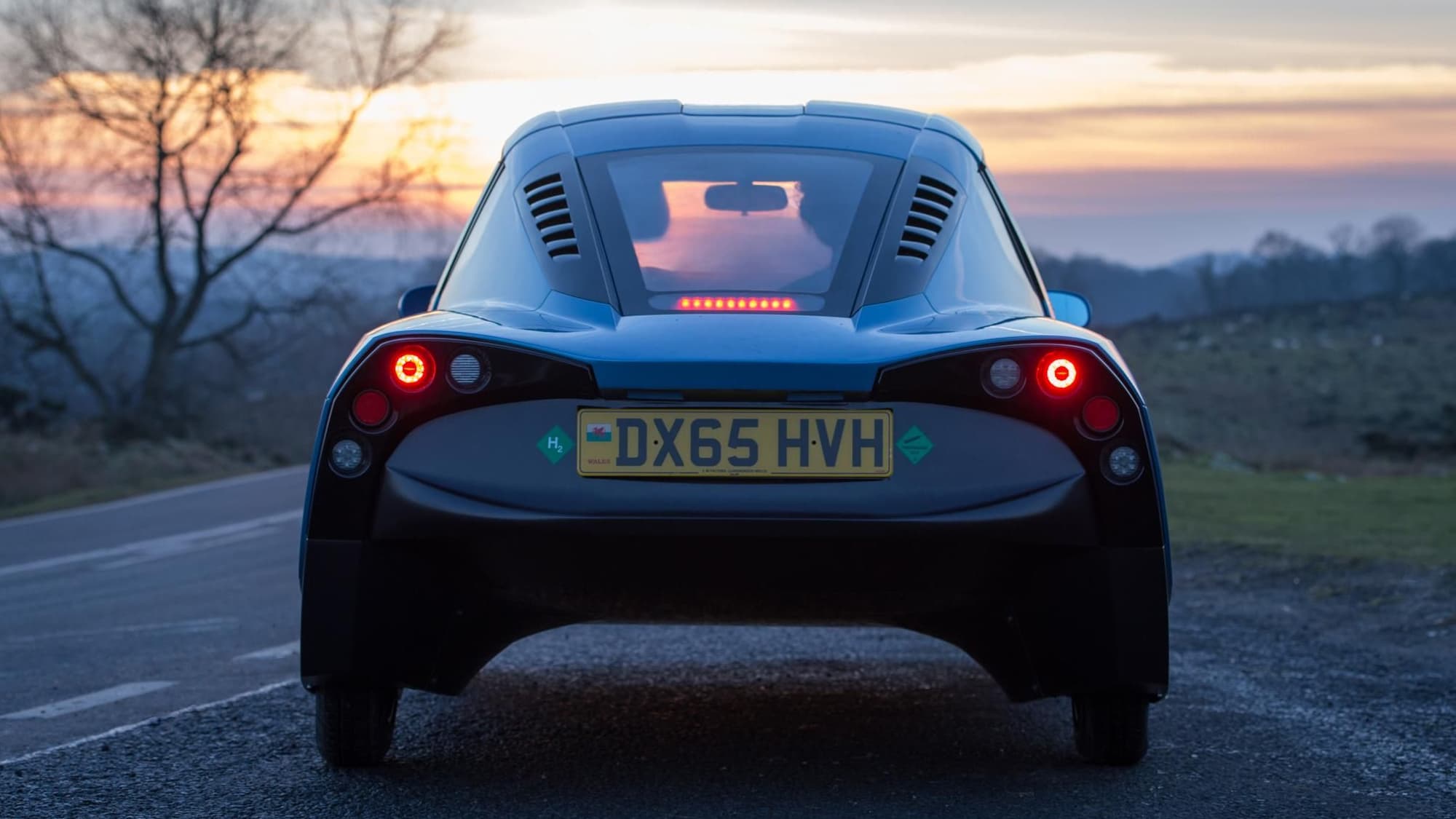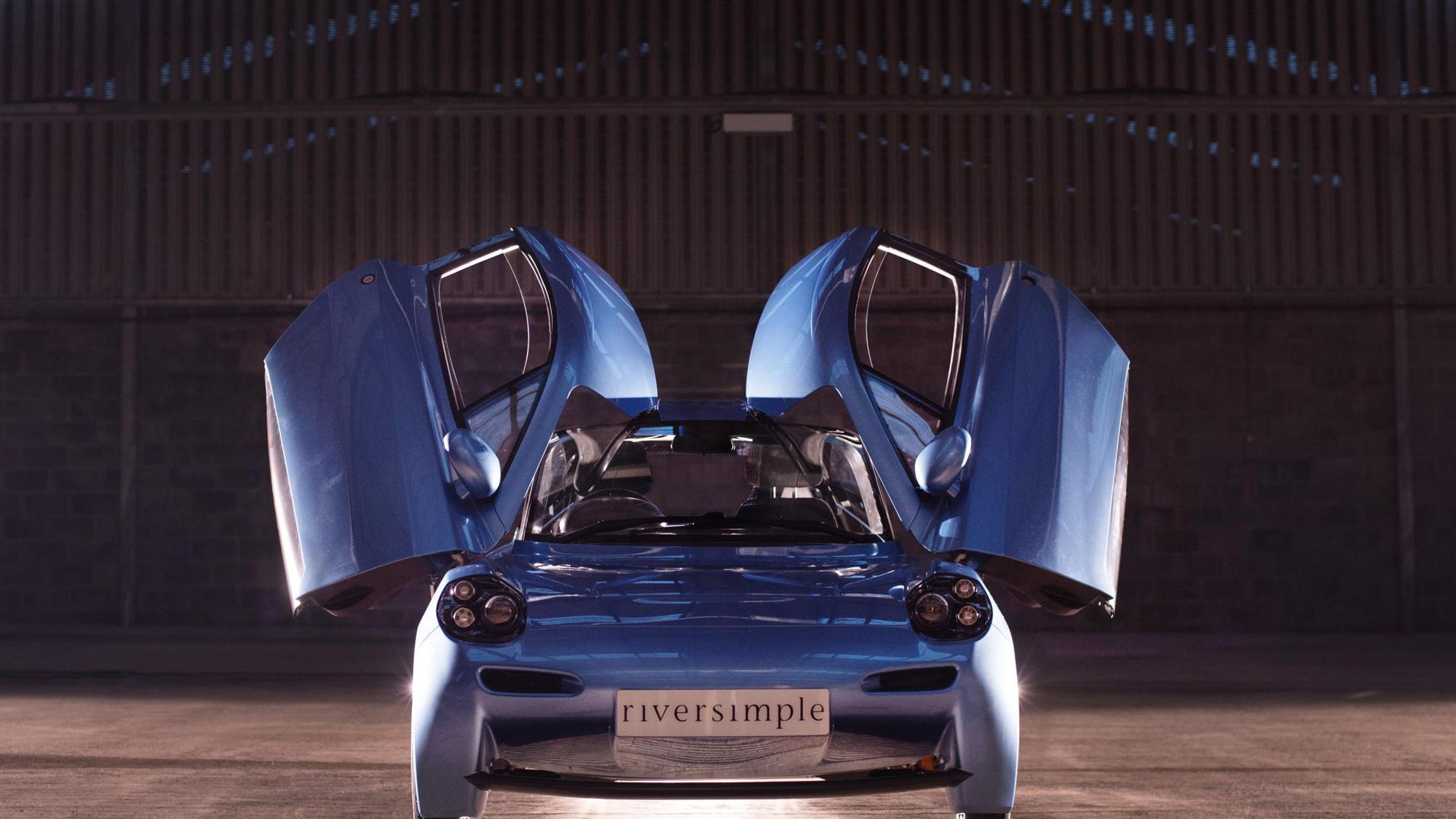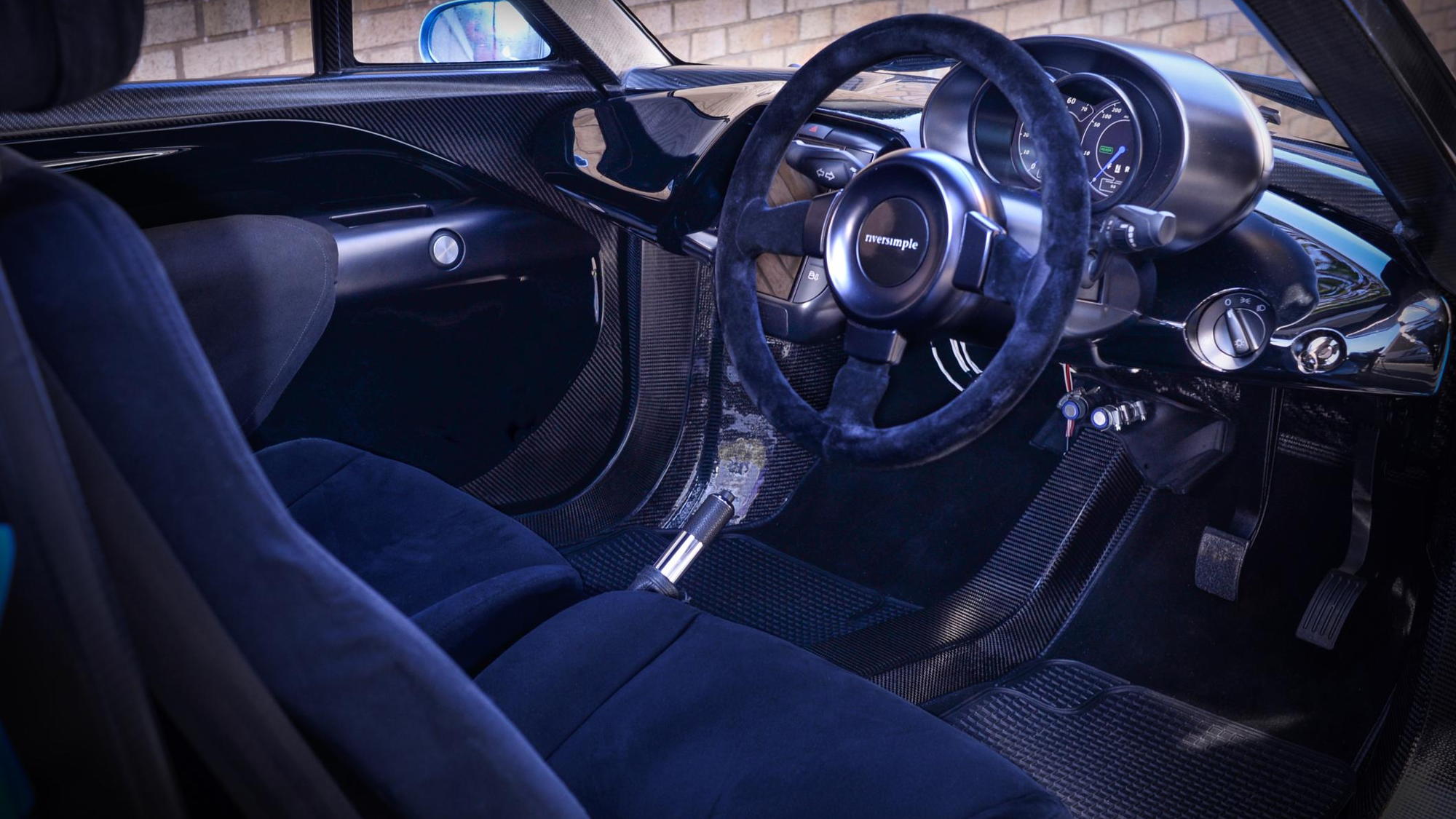The super lightweight hydrogen-powered car a decade in the making will make its debut on the streets of Great Britain next year with a pre-launch trial geared toward getting it into the hands of as many hopeful customers as possible.
Riversimple's introduction is more of a soft launch than a full-on production roll-out. While the company plans to get its cars into the hands of commercial fleet, government and retail customers, it is planning to do so with an initial allocation of just 20 cars.
Two ride-sharing businesses, five public-sector operators and 280 retail customers will be vying for seat time over the course of the next year, Autocar reports, leading up to the Rasa's targeted wide-release date some time in 2022.
This isn't merely a teaser of Riversimple's new offering. In fact, the automaker stands to gain as much as (or more than) any of its trial customers during the pre-launch period. Each vehicle has 20 GB of dedicated bandwidth for data gathering, giving Riversimple a window into the driving habits of its potential long-term customers.
On top of that, these demos won't be free. Riversimple will be stress-testing its subscription model just as much as the cars themselves. Customers will pay 370 pounds (approximately $480) per month and 18 pence (~23 cents) per mile traveled, and that outlay covers fuel, maintenance and repairs.
Riversimple founder Hugo Spowers told the British publication that it arrived at this figure by benchmarking ownership costs of an entry model diesel-powered Volkswagen Golf.
It's hardly out of the ordinary for automakers to lease alternative-fuel cars to select customers for developmental and data-gathering purposes. Perhaps the most famous (or infamous) example was GM's handling of its EV1 electric car late in the 1990s, which culminated in the repossession and destruction of almost every remaining example when GM chose to walk away from the project.
The strategy has been employed by many other mainstream automakers since, but typically with shorter lease terms and the explicit understanding that the cars—often little more than prototypes—will be returned for evaluation when their leases expire.
Riversimple can be forgiven for not diving head-first into what is likely to be a very niche market. The Rasa employs a lot of clever technology, but like a lot of other cutting-edge showcases, it is dipping its toes into largely unexplored territory.
Like Aptera's three-wheeler, the Rasa doesn't conform to the typical small-car footprint, which will likely present a challenge as the company tries to attract new customers. Its supercapacitor-based storage system is also unconventional, but along with an ultra-light carbon fiber monocoque, pays significant dividends in terms of curb weight; the Rasa weighs less than 1,200 pounds.
















